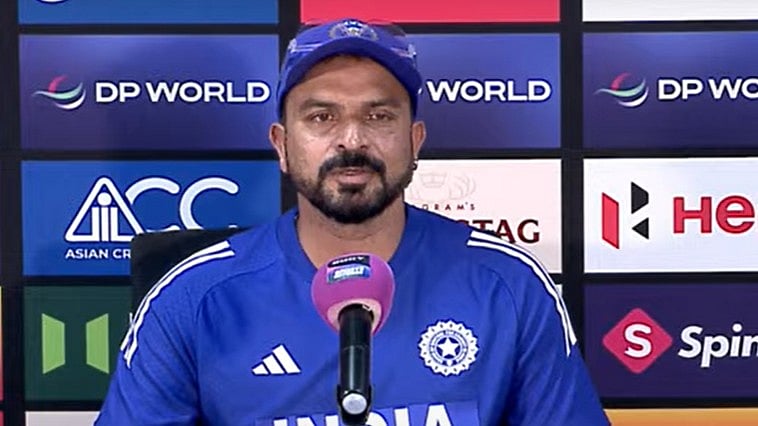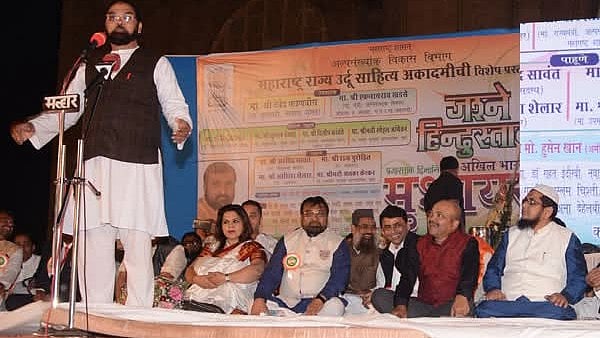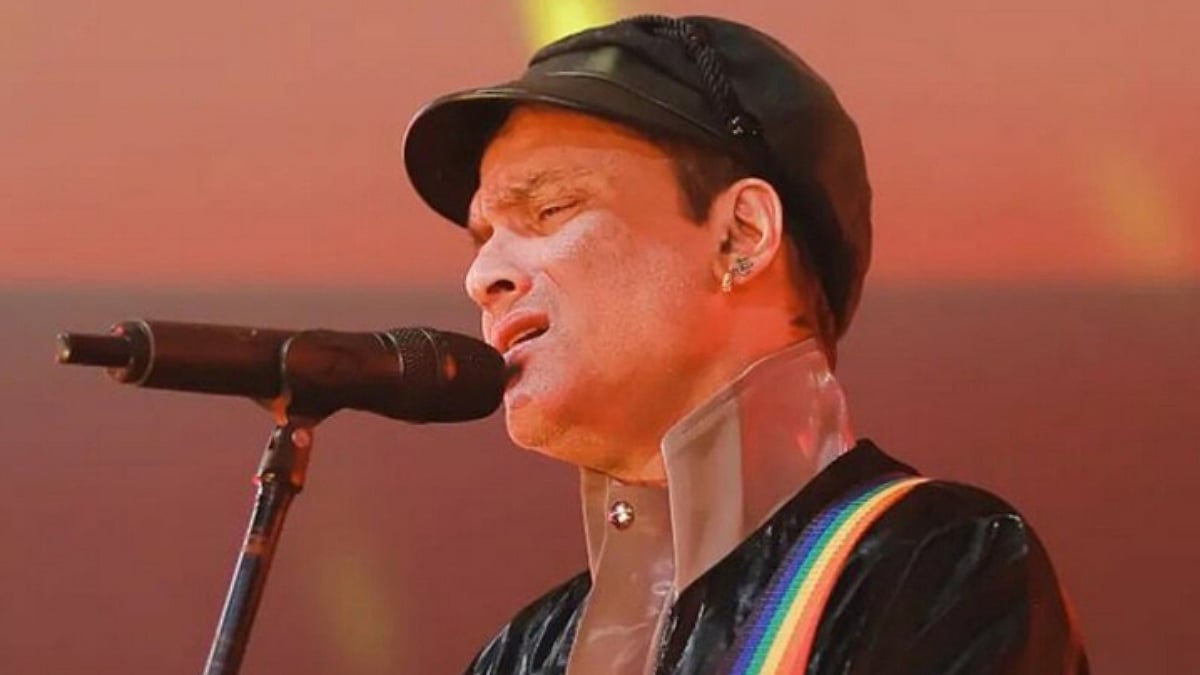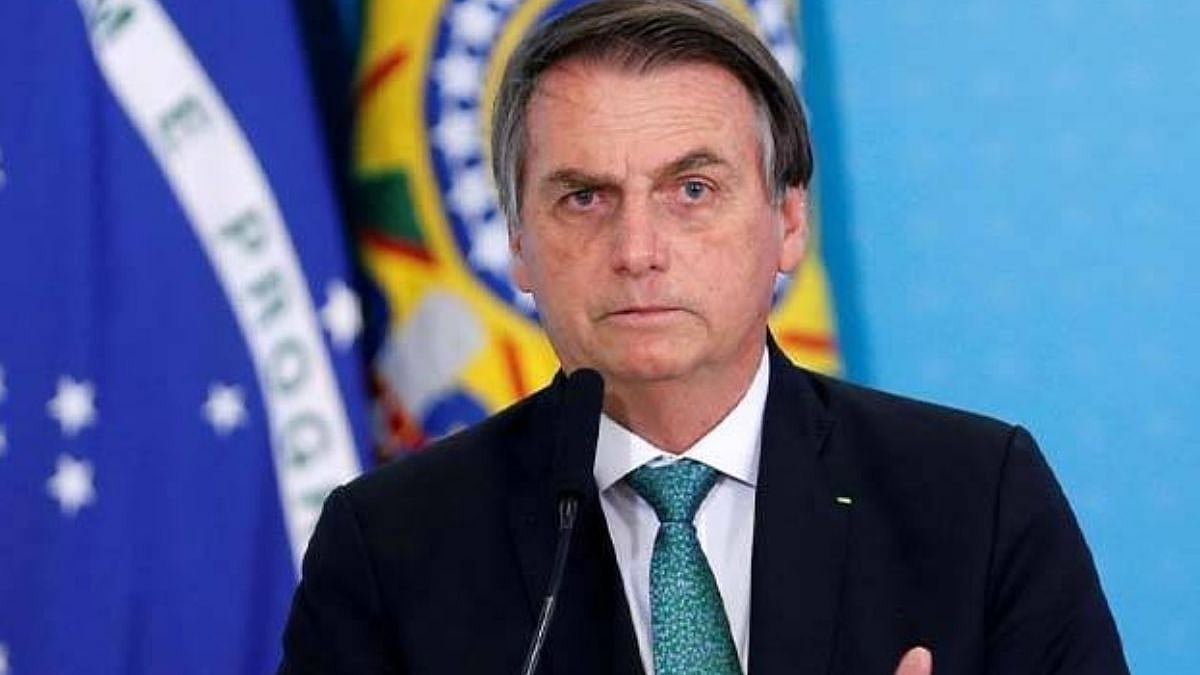The election of Sri Lanka's new pro-China and Marxist leaning president, propagator of renegotiating IMF loan, having Anti India mind-set, a candidate for change, Anura Kumara Dissanayake, is likely to add another layer of complexity to India’s already strained relations with its neighbours. India faces serious challenges to smoothen relations with Bangladesh, Myanmar, and the Maldives, while maintaining cautious ties with Nepal.
With Dissanayake in power, India may need to rethink its diplomatic approach to the island nation, especially given the president's politics and public statements during the election.
Despite these diplomatic concerns, India has already cemented its role as a crucial ally to Sri Lanka during its economic collapse. India’s assistance, exceeding $4 billion, surpassed the International Monetary Fund’s (IMF) $3 billion bailout package. This timely support from India helped the Sri Lankan people during their worst crisis, while China’s lack of intervention resulted in a loss of goodwill among Sri Lankans, contrasting with India’s decisive aid.
Dissanayake now takes office amid numerous challenges, the most immediate being Sri Lanka’s ongoing economic crisis. With inflation surging, unemployment at record levels, and a debt burden exceeding $50 billion, his government must urgently stabilize the economy. A key focus will be successful negotiations with the IMF to restructure loans, stabilize foreign reserves, and attract investment. Containing inflation and ensuring access to basic necessities like food and fuel will be critical.
On the political front, Dissanayake faces pressure to enact reforms following months of protests against the previous Rajapaksa regime. Political instability and corruption have eroded public confidence, and Dissanayake will have to rebuild trust in a divided country. Constitutional reforms, especially those reducing the powers of the executive, could be on the table, but restoring stability and public confidence will require substantial efforts.
Another major hurdle is debt restructuring. Sri Lanka’s heavy debt to China, Japan, and India complicates the task. As the nation implements austerity measures tied to the IMF loan, social unrest may increase. Balancing fiscal discipline with public dissatisfaction will test Dissanayake’s political and diplomatic skills. While austerity is needed to stabilize the economy, its effects will likely exacerbate public anger over unemployment, high prices, and cuts in social services.
Widespread protests fuelled by economic hardship, scarcity of goods, and mass unemployment have destabilized the country, and this unrest remains a pressing challenge for Dissanayake. Addressing public grievances will be crucial to restoring social order and trust in his government.
Foreign policy will be another critical issue, particularly Dissanayake's management of relations between India and China. Sri Lanka’s reliance on Chinese loans and infrastructure projects through the Belt and Road Initiative (BRI) has left the nation deeply indebted. However, an over-reliance on China could alienate India, Sri Lanka’s closest neighbour and a key stakeholder in regional stability.

Ethnic tensions, another lingering issue, demand Dissanayake’s attention. The Tamil and Muslim minorities have long felt marginalized, and the country remains divided along ethnic lines. Reconciliation and inclusive policies will be essential to ensuring long-term national unity.
Corruption, a systemic issue in Sri Lankan politics, is at the forefront of public concerns. Demands for transparency and accountability are growing louder, and Dissanayake’s administration will need to implement judicial and anti-corruption reforms to restore faith in governance. Tackling corruption at the highest levels, especially within the political elite, will be critical to his success.
Sri Lanka also faces significant environmental challenges, with rising sea levels and the risk of natural disasters due to climate change threatening the country’s biodiversity and coastal regions. Dissanayake must prioritize sustainable development and climate resilience measures to address these long-term challenges.
Internationally, Dissanayake's relationship with India will be crucial. India, as Sri Lanka’s closest neighbour, has a vested interest in regional security and economic cooperation, particularly through platforms like BIMSTEC and SAARC. Dissanayake’s economic recovery efforts could align with India’s goals of deepening trade and infrastructure cooperation. Given the strong historical and cultural ties between the two countries, the new president may seek to strengthen bilateral relations, particularly in areas such as trade, security, and energy.
However, navigating the power dynamics between India and China will require Dissanayake to maintain strategic autonomy. As both powers compete for influence in Sri Lanka, Dissanayake’s best course may be neutrality, avoiding over-alignment with either country. This could provide India with opportunities to enhance ties, especially if Dissanayake avoids deepening Sri Lanka’s dependence on China.
Despite China's significant influence in Sri Lanka, Dissanayake may adopt a more cautious approach toward Beijing, particularly given public concerns about the country’s mounting debt to China. His administration could renegotiate certain Chinese projects to secure more favourable terms and prevent further debt entrapment. While China’s involvement will remain, Dissanayake may push for diversified sources of international aid and investment, lessening his country's dependence on any single power.
Dissanayake is a pragmatic nationalist known for advocating policies that prioritize Sri Lankan sovereignty while managing international partnerships. His reputation as a consensus builder may help him navigate the country’s economic and political challenges. His leadership style is expected to focus on economic reforms aimed at stabilizing the economy while addressing the severe debt crisis. Politically, his moderate stance suggests he will aim to balance populist measures with practical governance, appealing to both the grassroots and policy elites.
For India, Dissanayake’s presidency may not fully align with its strategic interests due to China’s entrenched presence in Sri Lanka. However, his neutral foreign policy could limit Beijing’s influence, providing India with opportunities to engage more deeply in Sri Lanka’s recovery and development.
Dissanayake's ability to balance relations between India and China, along with his handling of Sri Lanka’s economic crisis, will define his presidency. His focus on economic stabilization, reconciliation with ethnic minorities, and efforts to combat corruption will be critical to navigating the country’s deep-rooted social and political challenges.
Ultimately, Sri Lanka under Dissanayake will require skilful diplomacy, economic reform, and a delicate balancing act between global powers. His leadership will be pivotal in steering the country through its economic turmoil and charting a new course for its international relations.
(Writer is a strategic affairs columnist and political analyst based in Shimla)










